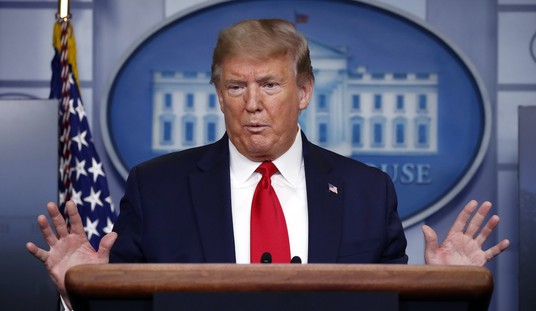Is a loss for Apple also a loss for book buyers? Maybe:
“With Borders dead, Barnes & Noble struggling and independent booksellers greatly diminished, for many consumers there is simply no other way to get many books than through Amazon,” reporter David Streitfeld wrote. “And for some books, Amazon is, in effect, beginning to raise prices.”
Amazon denied the claim, saying the company was in fact lowering prices. And Streitfeld acknowledged the difficulty of getting any comprehensive data to confirm the existence of a trend. Whether Amazon is at this moment pushing prices up or down, however, is not all that important. What matters is that Amazon could start curbing its storied discounts on books, and no one else — not publishers, not authors, not other booksellers — could do much to stop them.
“Amazon is by far the most powerful force for price-setting in the book business,” says Mike Shatzkin, a publishing veteran who now works as a consultant focused on the industry’s digital future. “The publisher’s price doesn’t mean nearly as much as Amazon’s price—particularly in this day and age when people walk into the bookstore with Amazon’s app on their phone.”
Here’s the short history of bigtime ebooks. Amazon used its size and pricing power to strongarm publishers into accepting a $9.99 retail price, even for new releases by big-name authors. That’s good for consumers. But Amazon also used that pricing power to lock consumers into Amazon’s proprietary Kindle format. That’s less good for consumers.
Apple came along with the iPad with its iBookstore and offered publishers a different deal. They said, “We’ll let you set your own prices if you’ll publish on our format, too.” Higher prices is not so good for consumers. And maybe not so good for publishers, either — because I find I’m buying fewer ebooks. $9.99 is an impulse buy for me, but $14.99 isn’t. On the other hand, consumers get more choice on how to read their ebooks, which is nice. Or at least it would be if prices would drop again.
What happens next? Bunches of unintended consequences, probably.
This is yet another example of why I’m wary of anti-trust to solve any kind of market problem. Courts picking winners and losers is no better than Congress or the President picking them.









Join the conversation as a VIP Member